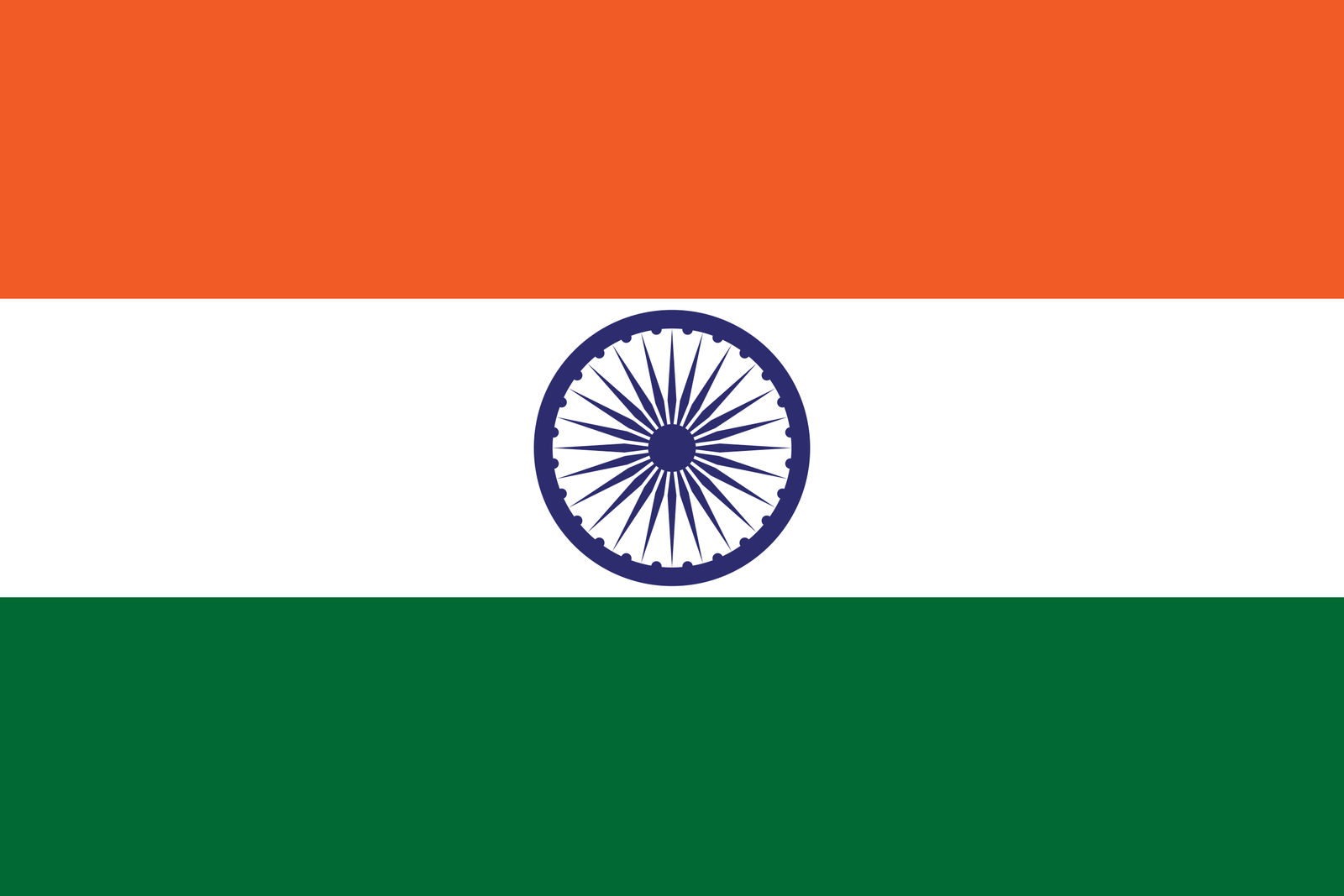India’s Coffee Mosaic: A Tapestry of Diversity and Heritage
India, a country steeped in cultural richness and agricultural diversity, has quietly cultivated a distinct identity in the world of coffee. The India coffee profile is a captivating narrative that unfolds across the lush hills of Karnataka, Kerala, and Tamil Nadu, telling a story of unique terroirs, diverse varietals, and a centuries-old coffee heritage.
India’s coffee cultivation primarily thrives in the Western Ghats, a mountain range that spans the southwestern states of Karnataka, Kerala, and Tamil Nadu. The coffee-growing regions, including Coorg, Chikmagalur, and Wayanad, benefit from the region’s diverse topography, with elevations ranging from 600 to 1,600 meters above sea level.
The distinct microclimates in these regions contribute to the diverse flavor profiles of Indian coffee. The high-altitude plantations, combined with the monsoons that sweep through the Western Ghats, create optimal conditions for coffee cherries to flourish, resulting in a nuanced and complex cup.
India is home to both Arabica and Robusta coffee varieties, with each contributing to the country’s diverse coffee profile. The Arabica beans, grown in higher elevations, are celebrated for their nuanced flavors, bright acidity, and floral notes. On the other hand, Robusta beans, cultivated in the lower elevations, bring a bold and robust character to Indian coffee, featuring earthy, nutty, and chocolaty undertones.
The blend of Arabica and Robusta dominance in India showcases the versatility of the country’s coffee industry, offering a wide range of options for coffee enthusiasts with varying taste preferences.
India is renowned for its unique processing methods, most notably the production of Monsooned Malabar coffee. This distinct coffee is exposed to the monsoon winds, leading to a specialized aging process that imparts a mellow and uniquely bold flavor profile. Monsooned Malabar coffee is characterized by low acidity, full body, and a complex amalgamation of earthy and spicy notes.
Apart from the monsooning process, India is also known for its meticulously managed estate operations and traditional sun-drying methods, contributing to the high quality of its coffee beans. The care taken in the processing methods reflects a commitment to preserving the authenticity and distinctiveness of Indian coffee.
Coffee cultivation in India dates back to the mid-17th century when Baba Budan, a Sufi saint, smuggled seven coffee beans from Yemen to the hills of Chikmagalur in Karnataka. This historic act laid the foundation for India’s coffee legacy. Today, the cultivation of coffee has become deeply entwined with the cultural fabric of the regions it inhabits.
Coffee in India is not merely a beverage; it’s a social ritual. From the traditional South Indian filter coffee to the frothy and spiced “kaapi” enjoyed in the streets of Kerala, coffee holds a special place in the hearts and lives of millions of Indians. The communal act of sharing a cup of coffee is symbolic of hospitality, connection, and a shared love for the aromatic brew.
The flavor profile of Indian coffee is as diverse as the country itself. Arabica coffees from regions like Coorg offer a delicate acidity, floral notes, and a subtle sweetness. Meanwhile, the robustness of Robusta beans, especially in regions like Wayanad, produces a cup with a bold body, low acidity, and a rich, chocolaty character.
Monsooned Malabar coffee, with its unique processing, stands out with its mellow and aged flavors, often described as having a distinct earthiness and spice.
India’s coffee profile is a tapestry woven with threads of geographical diversity, cultural heritage, and meticulous processing methods. As the world embraces the global diversity of coffee, India’s contribution stands as a testament to the country’s rich agricultural traditions and its ability to craft a cup that reflects the unique flavors of its diverse landscapes. In every sip of Indian coffee, one can taste the centuries-old legacy, the blend of varietals, and the cultural nuances that make it an integral part of India’s flavorful narrative.
Tags: coffee growers, India

